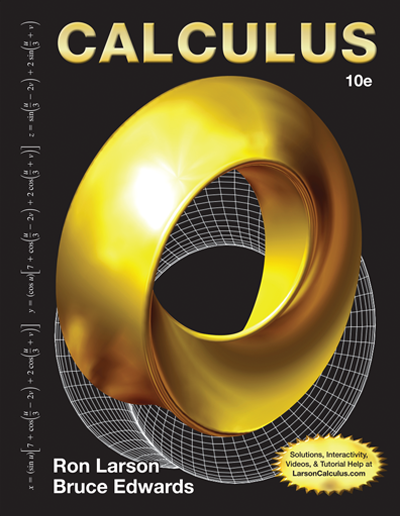Adrien-Marie Legendre
(1752 – 1833)
The life of Adrien-Marie Legendre was quiet and conventional, and devoted almost exclusively to mathematics. He delayed marriage until he was over forty years of age, and even then, his nineteen-year-old bride’s chief attribute appears to have been her ability to create a tranquil atmosphere in which he could study. Given his tireless devotion to his work, it is not surprising that Legendre was a major contributor to nineteenth-century mathematics.
Legendre was born in Paris, France on September 18, 1752. His father was wealthy, and well able to provide his promising son with an education of the highest caliber. Accordingly, Legendre was educated at the Collège Mazarin in Paris; there, he was the beneficiary of an unusually rigorous curriculum, particularly in the disciplines of science and mathematics.
Though Legendre procured a post as professor of mathematics at the École Militaire in Paris, the focus of his interest was research, not teaching. In 1782, he was awarded a prize by the Berlin Academy for his paper on the mathematics of exterior ballistics. This achievement was rapidly followed by a succession of notable papers on various topics in mathematics and science. These attracted the attention of the Académie des Sciences, and in March 1783, he was elected to membership.
Legendre’s reputation grew steadily with every passing year, as he continued his research in mathematics and celestial mechanics. Not until 1793 did Legendre suffer a setback in his steady rise to prominence. In that year, the political turmoil of post-revolutionary France led to the loss of his fortune, and he found himself assigned to a series of dreary quasi-scientific posts.
Even in adversity, Legendre continued to produce mathematical works of exceptional quality and influence. He wrote several comprehensive mathematics textbooks that were widely used for many years. His Élements de géométrie, first published in 1794, was especially successful; twenty editions appeared in France alone before Legendre’s death, and an English translation was required reading at Harvard and Yale through the 1890s. In addition to these accomplishments, Legendre was an important contributor to the development of number theory, elliptic functions, integrals, and geodesy.
Despite these achievements, Legendre spent his final years in poverty. He was deprived of the pension customarily granted to men of genius, when he refused to support the French government’s suppression of the country’s universities. He died in Paris on January 9, 1833, following a long and painful illness.
Links
http://www-history.mcs.st-andrews.ac.uk/Biographies/Legendre.html
http://apprendre-math.info/anglais/historyDetail.htm?id=Legendre
References
- Burton, David M. The History of Mathematics. 2d ed. Dubuque, IA: Wm. C. Brown Publishers, 1988.
- Eves, Howard. An Introduction to the History of Mathematics. 6th ed. Fort Worth: Saunders College Publishing, 1992.
- Gillispie, Charles Coulston, ed. Dictionary of Scientific Biography. Vol. VIII. New York: Charles Scribner’s Sons, 1973.
- Smith, D. E. History of Mathematics. Vol. I. 1923. Reprint. New York: Dover Publications, Inc., 1958.
- Struik, Dirk J. A Concise History of Mathematics. New York: Dover Publications, Inc., 1987.











